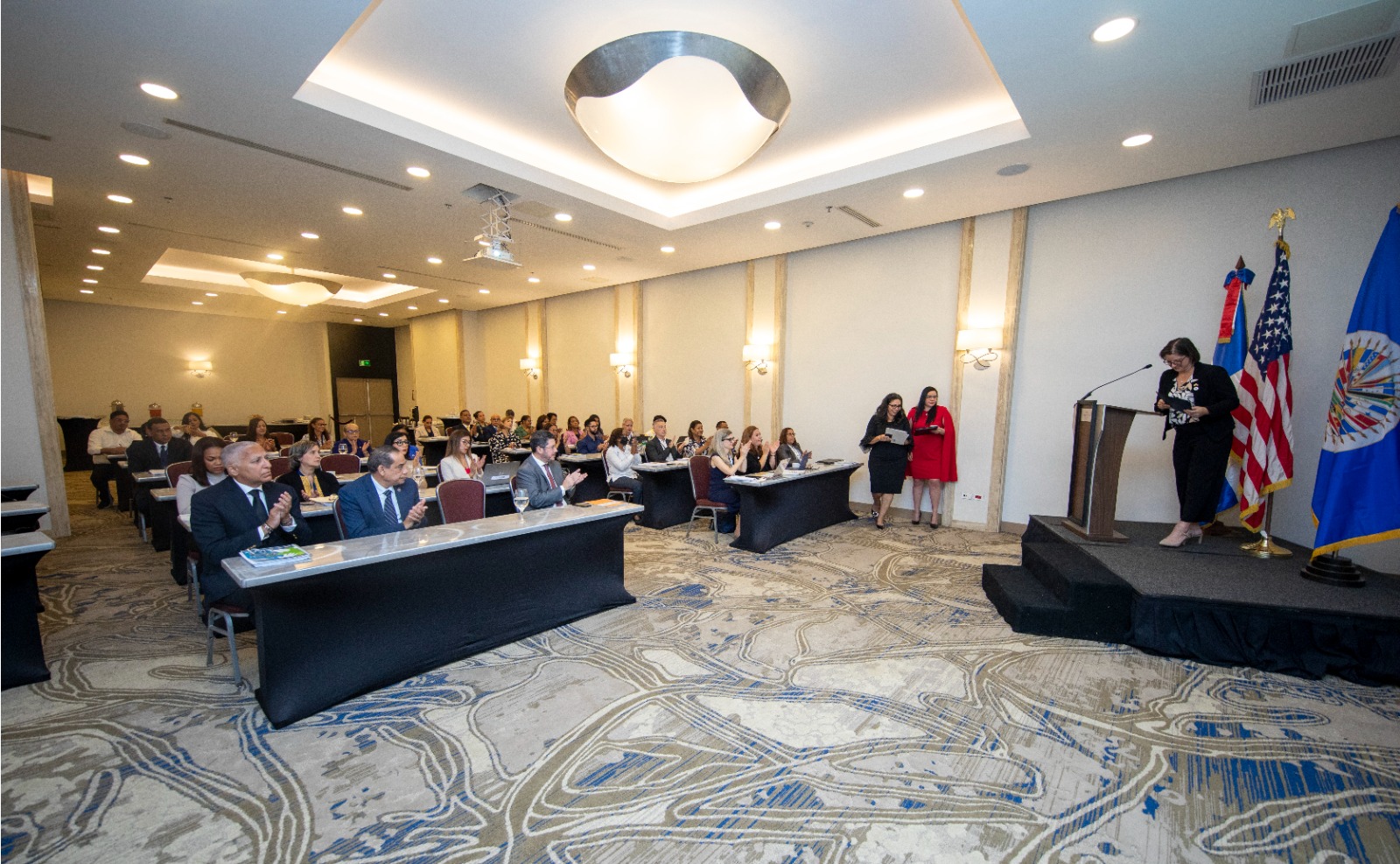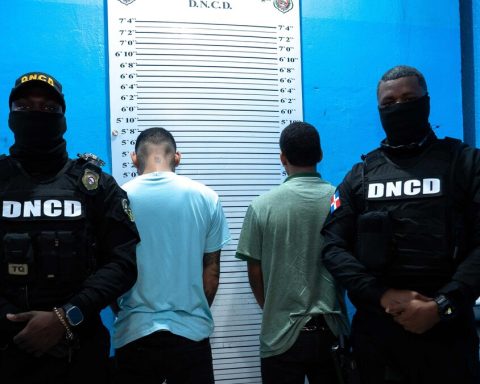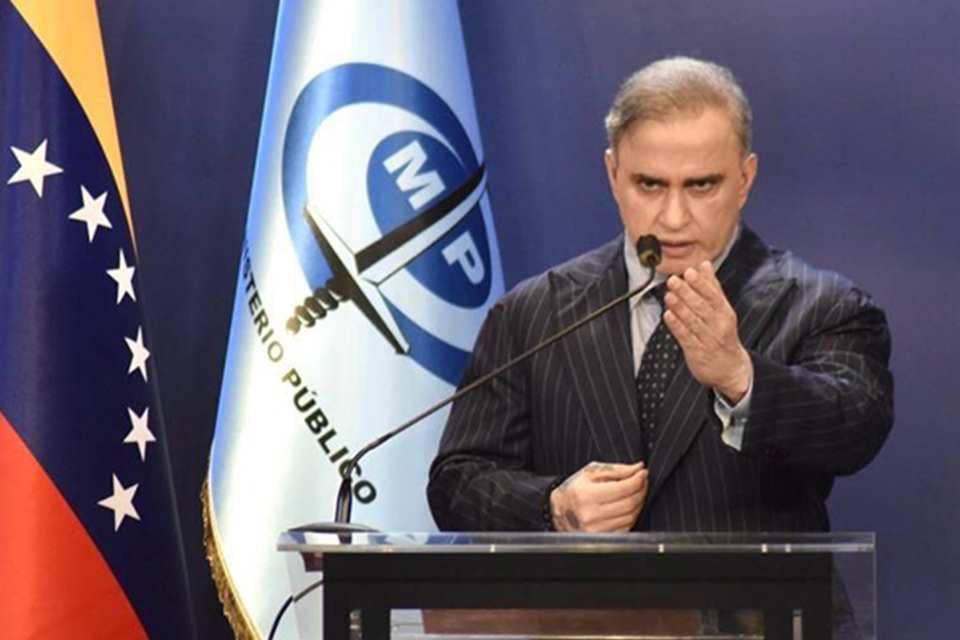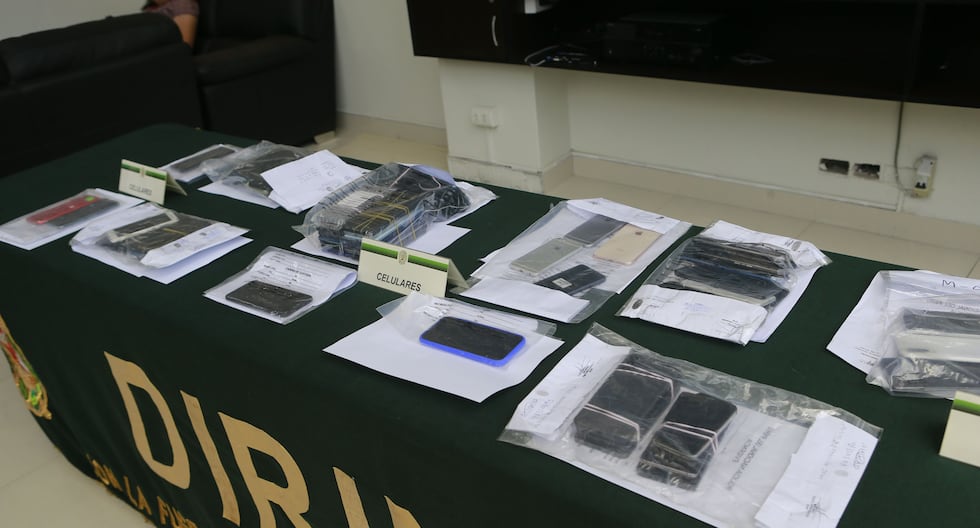Santo Domingo – With the aim of improving rehabilitation opportunities for inmates in Dominican penitentiary centers, a training session entitled “Case Management and Comprehensive Care” was held on August 13 and 14 in the Oceanía Room of the Crowne Plaza Santo Domingo Hotel.
The event, organized by the Inter-American Drug Abuse Control Commission of the Organization of American States (CICAD/OAS), in coordination with the National Drug Council (CND), was sponsored by the United States Embassy in the Dominican Republic.
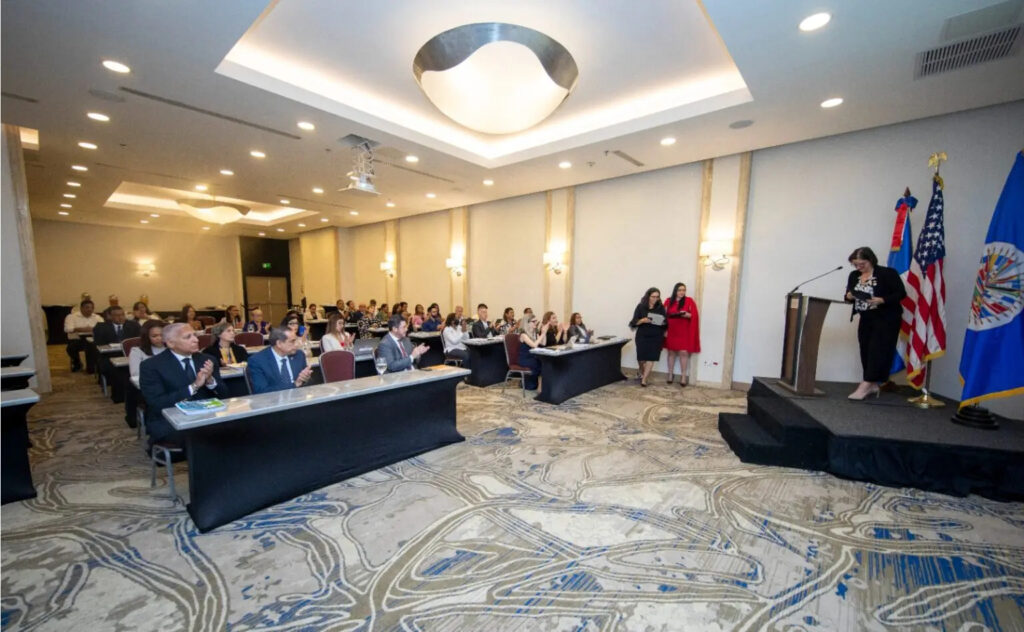
The activity is a continuation of the “Treatment Program under Judicial Supervision”, implemented by the Judiciary in collaboration with other actors in the criminal justice system and the health sector, and aims to strengthen a humanitarian and holistic approach in the care of people deprived of liberty for substance use in the country’s prisons.
Aim
The main objective of the initiative is to improve the rehabilitation opportunities of prisoners by carrying out a comprehensive study of the current reality of the judicial system, in close collaboration with key actors in the participating institutions.
People deprived of liberty are particularly vulnerable and, as such, require priority and specialized care, thus promoting their gradual reintegration into society.
Representatives of participating institutions
During the event, the representative of the president of the National Drug Council, Major General (sp) Jaime Marte Martínez, General (sp) Nelson Antonio Santos, highlighted that these trainings are essential to guarantee universal access to health, especially for those who are in prison.
For his part, the new representative of the Organization of American States (OAS) in the Dominican Republic, Esteban de la Torre Ribadeneira, stressed the importance of a comprehensive model that promotes an inclusive community for this vulnerable population.
Along these lines, the director of the Office of International Narcotics and Law Enforcement Affairs (INL) of the Department of State of the United States Embassy, Rebecca Márquez, emphasized the need for a human-centered approach to ensure the success of the training.
The coordinating judge of the National District’s Courts of Instruction, Kenya Scarlett Romero Severino, agreed with the other speakers that a social care model strengthens the judicial system, reduces risk factors and provides scientific evidence so that judges can make more informed decisions.
Training
The event was attended by the Inter-American Drug Abuse Control Commission (CICAD) of the Organization of American States (OAS) and the United States Office of International Drug Enforcement and Law Enforcement Assistance (INL).
Various institutions working on reducing the supply and demand of psychoactive substances in the country, as well as psychologists, psychiatrists and representatives of the judiciary, participated in this training session.
